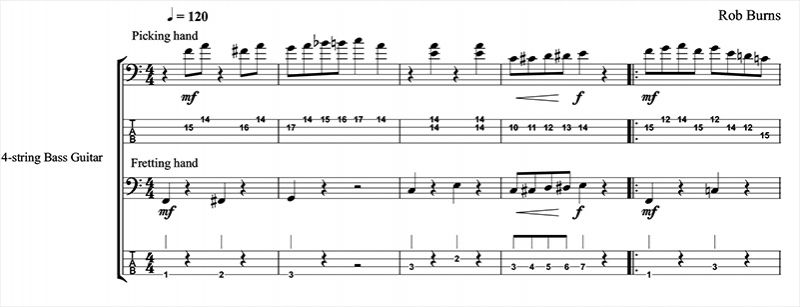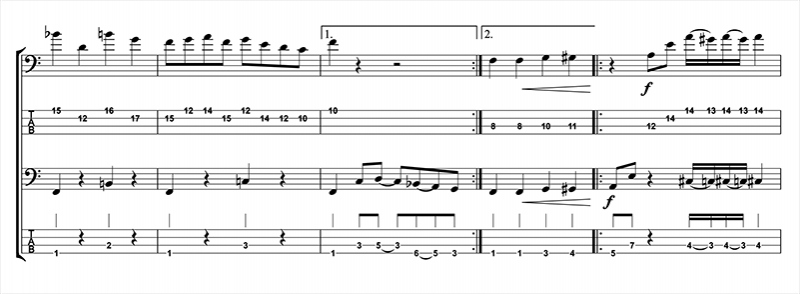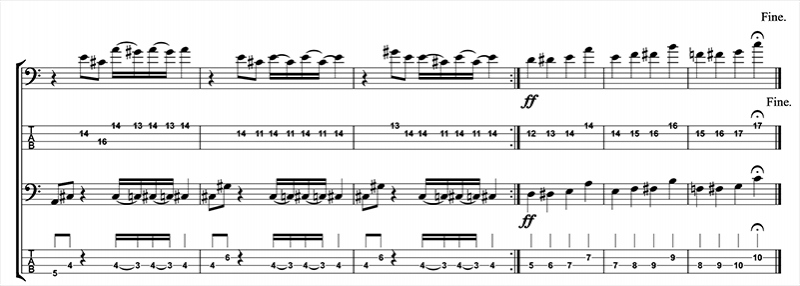Deep Thinking: Alex And His Ragtime Bass
Deep Thinking: Alex And His Ragtime Bass
Hi everyone, for this lesson, I have taken the liberty of using a piece that I wrote as a study for my UK students before I came to New Zealand. It is a cross-hand tapping piece that I wrote after the birth of my second son (whose name is Alex) and while I was reading a book about late 19th-century ragtime and its influence on later jazz in the 20th century (not both at the same time!).
[There is an introduction to this lesson here]
Probably the most famous ragtime composer was Scott Joplin (1868–1917), who had a phenomenal compositional output (see him on Wiki). He was also given musical credit at a time when Afro-Americans did not have his opportunities for a musical career) but most people who like older jazz are more likely to be familiar with Irving Berlin’s (1888–1989) ‘Alexander’s Ragtime Band’, which Berlin composed in 1911 and which was popular in WW1. Berlin had over 800 songs in copyright when he died, making him probably the most successful popular songwriter of the 20th century.
My humble solo bass piece borrows from both composers and requires independence from both the picking and fretting hands. Chromatic passages (semitones), using notes one fret apart, occur frequently throughout the piece. The curved lines between notes mean use a hammer-on or pull-off technique, meaning you need to hammer-on notes moving upwards or pull-off moving downwards. My suggestion is to learn each part separately starting with the fretting hand part.
You will notice that the harder chromatic tapped picking hand bars have a simple beat 1 and 3 tapped bass part, whereas some bars have each hand playing the same part with an octave between them (as in the last 11 bars with the repeated section). The hardest bars are the ones after the first second time bar that feature semiquavers.
Just practice them slowly with your picking hand. To get the right tapping effect, make sure that your fingers on each hand tap at the same volume, don’t tap harder with the picking hand (which is easier) than the fretting hand. You will need to boost your mid eq on your bass, or just your amplifier. A little chorus, and even reverb (and some new strings maybe!) will add to your overall sound in this technique.
Dr. Rob Burns is an Honorary Associate Professor in Music at the University of Otago in Dunedin. As a former professional studio bassist in the UK, he performed and recorded with David Gilmour, Pete Townsend, Jerry Donahue, Isaac Hayes, Sam and Dave, James Burton, Ian Paice and Jon Lord, Eric Burdon and members of Abba. He played on the soundtracks on many UK television shows, such as Red Dwarf, Mr. Bean, Blackadder, Not the Nine O’Clock News, and Alas Smith and Jones. Rob is currently a member of Dunedin band The Verlaines (new album available on 18th April 2020) and is on two new progressive rock compilation albums released in the UK in 2019.




